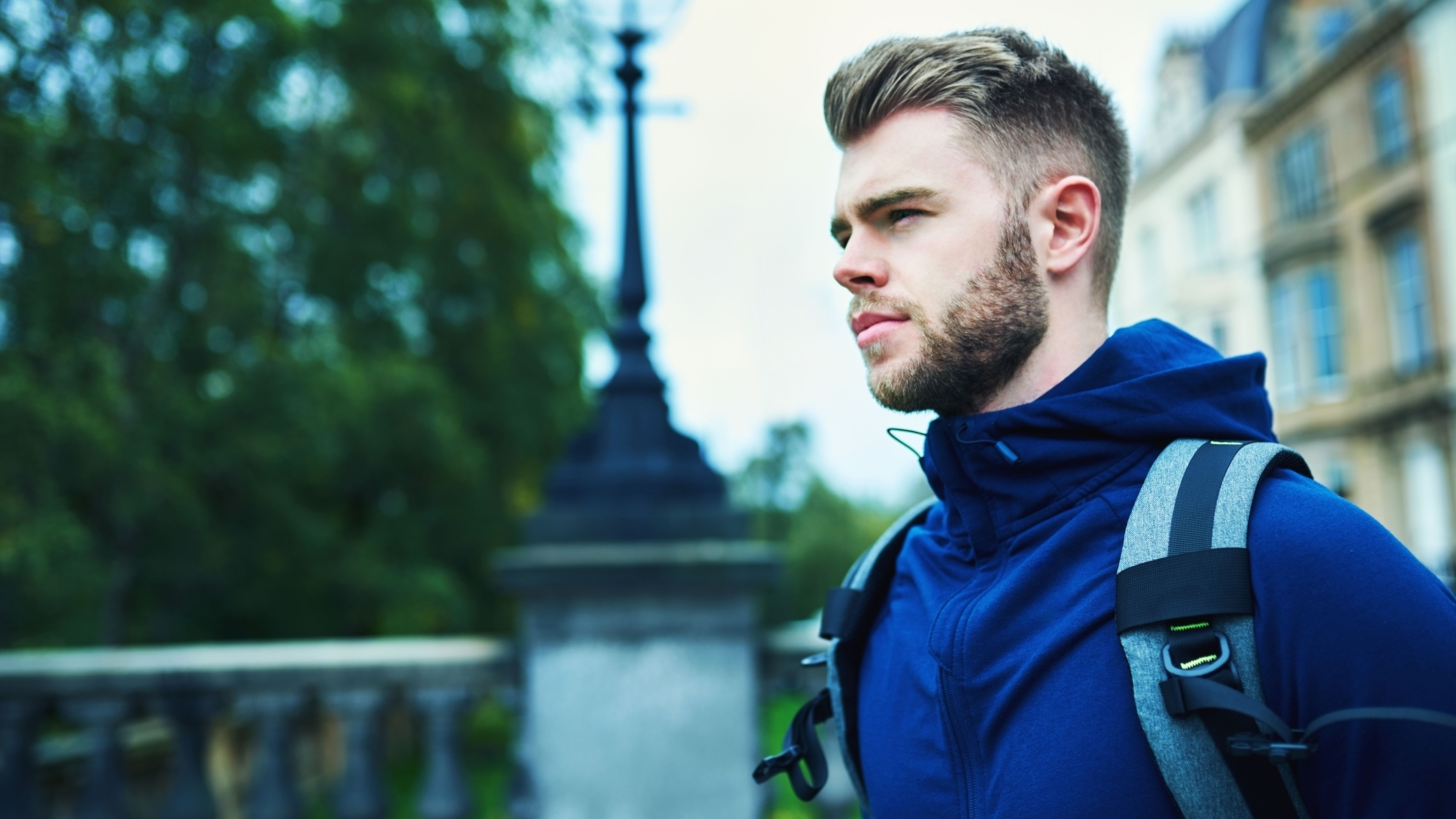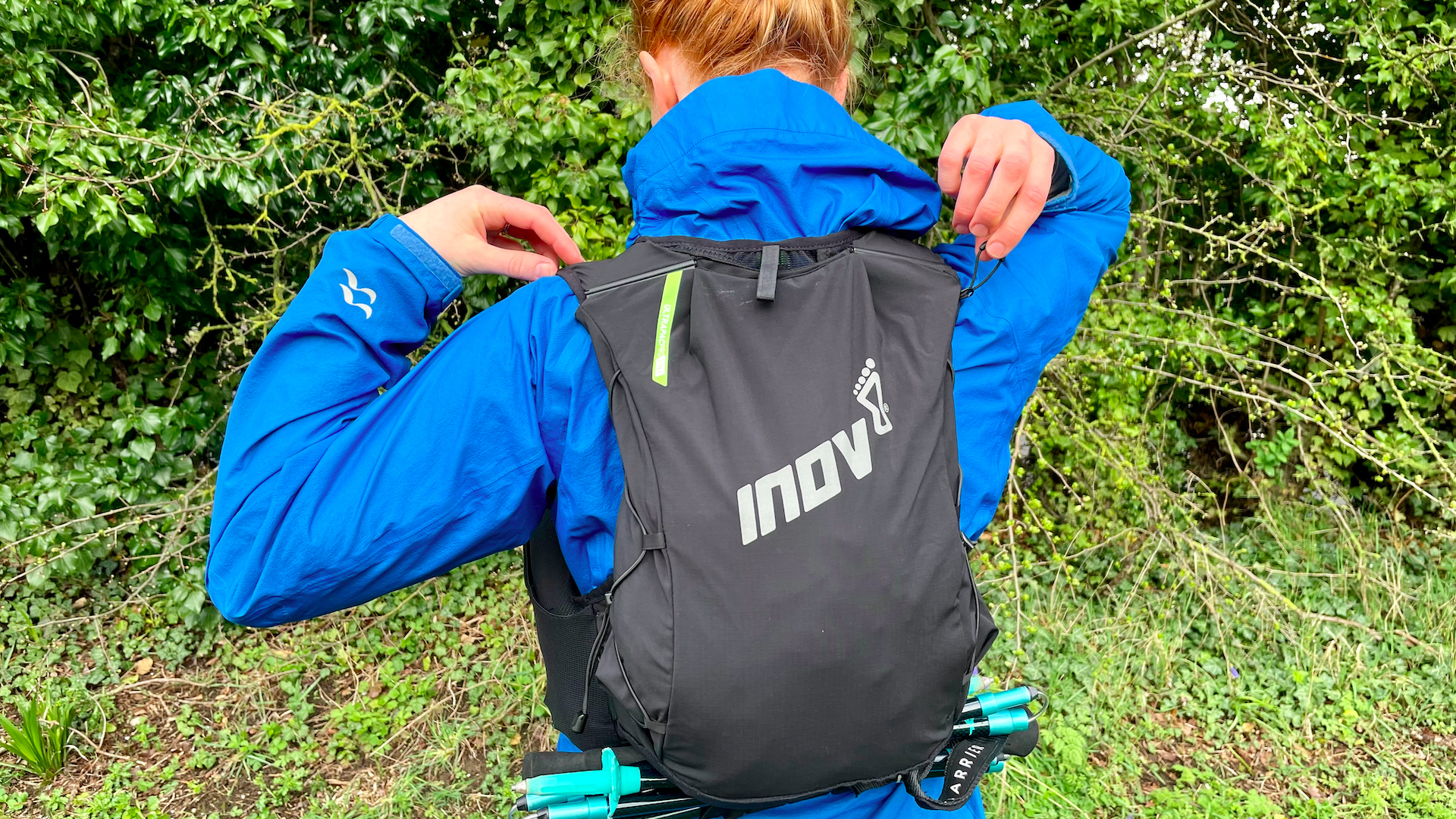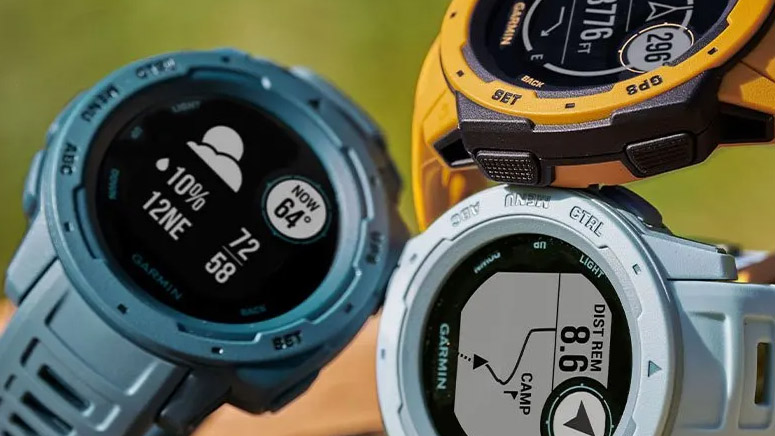
Run commuting is a great way to get some regular exercise into your day without carving out a whole new space in your routine, and it's easy to get into. All you need is the right gear, and a willingness to take things at a steady pace to make sure you don't arrive at work exhausted. Sticking to heart rate zone two, at least in the morning, is the way to go.
You don't need very much gear, but if you're thinking of trying it, this checklist will help make sure you're prepared. Clothing will, of course, depend on the weather, so you might want to tuck a running jacket or a baseball cap into your bag depending on the forecast, but the following equipment will be useful in all conditions.
Two pairs of running shoes
This isn't the time for your favorite carbon-plate race shoes. For run commuting you'll want a pair of dependable, tough road running shoes that are solidly built enough to handle long miles and will give you plenty of support. Look for a pair with plenty of rubber on the outsole, and don't worry too much about weight.
If your budget will stretch far enough, it's a good idea to pick up two pairs of shoes for run commuting. That way, if one gets soaked on a rainy day, you'll have a fresh one to use while they're drying out. The old technique of stuffing them with newspaper works well, but in the age of digital news a dehumidifier is even better to getting the job done quickly. You can pick up a refurbished compact GE dehumidifier from Amazon for $140, which will also help your laundry dry much quicker indoors.
Roomy running backpack
After your shoes, the most important piece of gear for your running commute is a good backpack. The exact size will depend on how much you need to take, and how much you're able to store at your workplace. If you have a locker or desk drawer, you may prefer to travel by car or public transit on Monday and take a set of clean clothes for the whole week, then run Tuesday to Friday. Alternatively, you might need to carry fresh clothes with you. If that's the case you'll need more space, and ideally a backpack designed to keep them as crease-free as possible.
You'll also want something large enough to carry a laptop. Running backpacks with dedicated laptop sleeves are quite rare, but if you're carrying water bottles then you can tuck it into the pouch intended to hold a water bladder. Alternatively, a bag that cinches tightly closed will stop your computer moving around.
Some of the best running backpacks are waterproof, but if yours isn't, you can get around that with a simple rain cover. This one from Osprey will do the job, and packs down super small when not in use. I use an Osprey rain cover in wet British weather and trust it with my laptop.

Water bladder or bottles
You don't want to arrive at work with a headache, so make sure you take plenty of water in your vessel of choice. Personally I prefer to use a water bladder because the weight is stored centrally on your back, near your center of gravity, and doesn't set you off balance. You might be interested in our guide to getting the plastic taste out of your water bladder, which will make drinking on the move more pleasant. We can also show you how to stop the slosh when running with a hydration pack.
As with shoes, it's a good idea to get more than one set of bottles or bladder so you don't have to rush to clean it every night. We're only human and sometimes other commitments get in the way.
First aid kit
As a run leader, I never head out without a mini first aid kit for things like skinned knees, insect bites, and blisters. It's not just for yourself, either – I used mine last week after a kid on a bike knocked over a pair of tourists on a footpath. You don't need to carry around a whole set of support bandages, a sling and a defibrillator, but some alcohol gel for your hands, wound-cleaning wipes, Band-Aids, antihistamine cream, and blister plasters will cover most of the bases.
If you're helping someone else, check whether they have any allergies or sensitivities first. They might be feeling a bit rattled and forget to tell you. For anything more serious, or if you're in any doubt, call for help. It's much better to be safe than sorry.
GPS watch
It doesn't have to be anything fancy, but a GPS watch will help make sure you're sticking to a comfortable pace so you don't arrive at work exhausted. To make sure you're fresh and ready to start the day, I strongly recommend sticking to heart rate zone two, which is the kind of pace that allows you to maintain a conversation.
Our guide to the best cheap GPS watches includes lots of solid options. I particularly like the original Garmin Instinct (available at Amazon for under $200), which lasts weeks and weeks between charges so you don't need to worry about plugging it in every night. It's not the best watch for navigation, but hopefully you know the way to and from work, so that's not going to be an issue.

Microfiber towel
Hopefully you've got somewhere to shower off when you arrive at work, but even if you can only wash yourself off in a sink, you'll still need to towel off afterwards. A compact camping towel that you can cram into its own little stuff sack will be extremely handy, and you can toss it in the washing machine when you get home.
I have a Lifeventure travel towel that's served me well for running, camping, and gym work for years without ever getting stinky. Decathlon has something very similar for under $5.
Extra socks
Running in wet or dirty socks is no fun at all, and they take up very little space in your running backpack, so throw in an extra pair or two. There's just something nice about pulling on a pair of fresh socks, and it'll put you in a better state of mind when it's time to run home again. Our guide to the best trail running socks includes lots of great options that are good for roads as well, including some that come in good value multi-packs. Lately I've been wearing inov-8's Speed Socks, which come in a pack of two pairs, and are currently down to $7.
- The best trail running shoes: tested and rated on tough terrain







